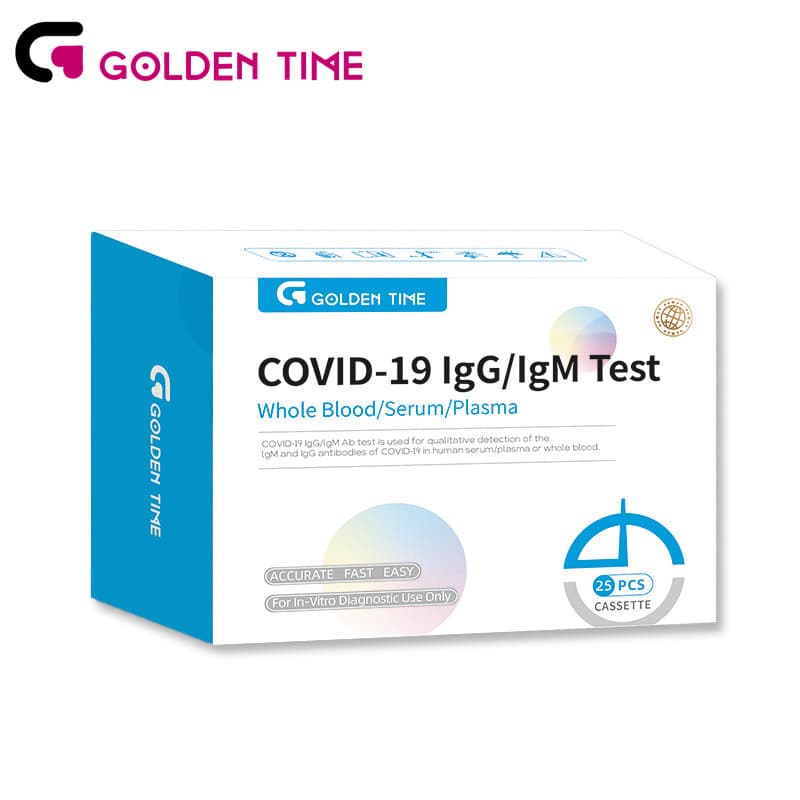Oct . 19, 2024 13:49 Back to list
syphilis test supplier
Understanding Syphilis Testing A Guide for Suppliers
Syphilis, a sexually transmitted infection (STI) caused by the bacterium Treponema pallidum, has reemerged as a significant public health concern in various parts of the world. With a rise in syphilis cases reported in recent years, the need for accurate, accessible testing solutions has become increasingly critical. As a supplier in this vital sector, understanding the nuances of syphilis testing and the market landscape is essential for providing high-quality products and services. This article delves into the importance of syphilis testing, types of tests available, and key considerations for suppliers.
The Importance of Syphilis Testing
Testing for syphilis is crucial for early detection and treatment, which can prevent severe health complications such as cardiovascular disease and neurological issues. Furthermore, syphilis in pregnant women can lead to congenital syphilis, posing serious health risks to newborns. Consequently, health organizations recommend routine syphilis screening for high-risk populations, including sexually active individuals, pregnant women, and those with multiple sexual partners.
As a supplier of syphilis test kits, it is your responsibility to ensure that healthcare providers have access to the best tools necessary for accurate diagnosis. The role of testing in controlling the spread of syphilis cannot be overstated; timely diagnosis and treatment can significantly reduce transmission rates and improve health outcomes.
Types of Syphilis Tests
There are several types of syphilis tests available, each with distinct advantages and limitations
. Understanding these test types can help suppliers navigate the market more effectively.1. Nontreponemal Tests These initial screening tests, such as the Rapid Plasma Reagin (RPR) and Venereal Disease Research Laboratory (VDRL) tests, measure the presence of unspecified antibodies produced in response to syphilis infection. They are generally easy to administer and provide rapid results. However, they can yield false-positive results due to other medical conditions, necessitating confirmatory testing.
2. Treponemal Tests These tests, including the Treponema pallidum particle agglutination assay (TP-PA) and the fluorescent treponemal antibody absorption test (FTA-ABS), directly detect antibodies specific to Treponema pallidum. These tests are more specific than nontreponemal tests and are used to confirm a syphilis diagnosis after an initial positive result from a nontreponemal test.
syphilis test supplier

3. Point-of-Care Tests With advancements in technology, point-of-care (POC) tests have become increasingly popular. These tests allow for rapid diagnosis in a variety of settings, including clinics and community health centers, and provide results within minutes. Suppliers of POC tests must ensure their kits are user-friendly and reliable to meet the needs of healthcare providers.
4. Serological Tests These tests measure the presence of specific antibodies in the blood and can be used to identify different stages of syphilis infection. Suppliers should provide guidance on selecting the appropriate serological tests based on patient history and clinical presentation.
Key Considerations for Suppliers
Ensuring the quality and reliability of syphilis test kits is paramount. Suppliers should prioritize the following factors
- Regulatory Compliance It is crucial to adhere to relevant regulations and standards, such as those imposed by the Food and Drug Administration (FDA) or the European Medicines Agency (EMA), to ensure the safety and efficacy of testing products.
- Education and Training Provide comprehensive training for healthcare professionals on how to use testing kits properly, interpret results, and understand the limitations of the tests. This can enhance the overall effectiveness of syphilis testing efforts.
- Market Awareness Keep abreast of market trends, emerging technologies, and shifts in healthcare policies that may impact syphilis testing. Understanding these dynamics can enable suppliers to adapt their offerings and remain competitive.
- Collaboration with Healthcare Providers Establish strong partnerships with clinics, hospitals, and public health organizations to align product offerings with the needs of healthcare professionals and patients.
In conclusion, as a supplier of syphilis testing solutions, your role is instrumental in addressing the challenges posed by this STI. By understanding the types of tests available, ensuring product quality, and fostering education and collaboration, you can contribute to the fight against syphilis and improve public health outcomes globally. By prioritizing these aspects, suppliers can make a meaningful impact in combating this persistent public health issue.
-
Dengue NS1 Rapid Diagnostic Test Kit
NewsMar.07,2025
-
Dengue NS1 Rapid Diagnostic Test Kit
NewsMar.07,2025
-
Dengue NS1 Rapid Diagnostic Test Kit
NewsMar.07,2025
-
Transferrin Rapid Test Cassette Tumor Marker TF Card
NewsMar.07,2025
-
Malaria Pf Pan Rapid Diagnostic Test Kit
NewsMar.07,2025
-
malaria pf / pan ag rapid test
NewsMar.07,2025

